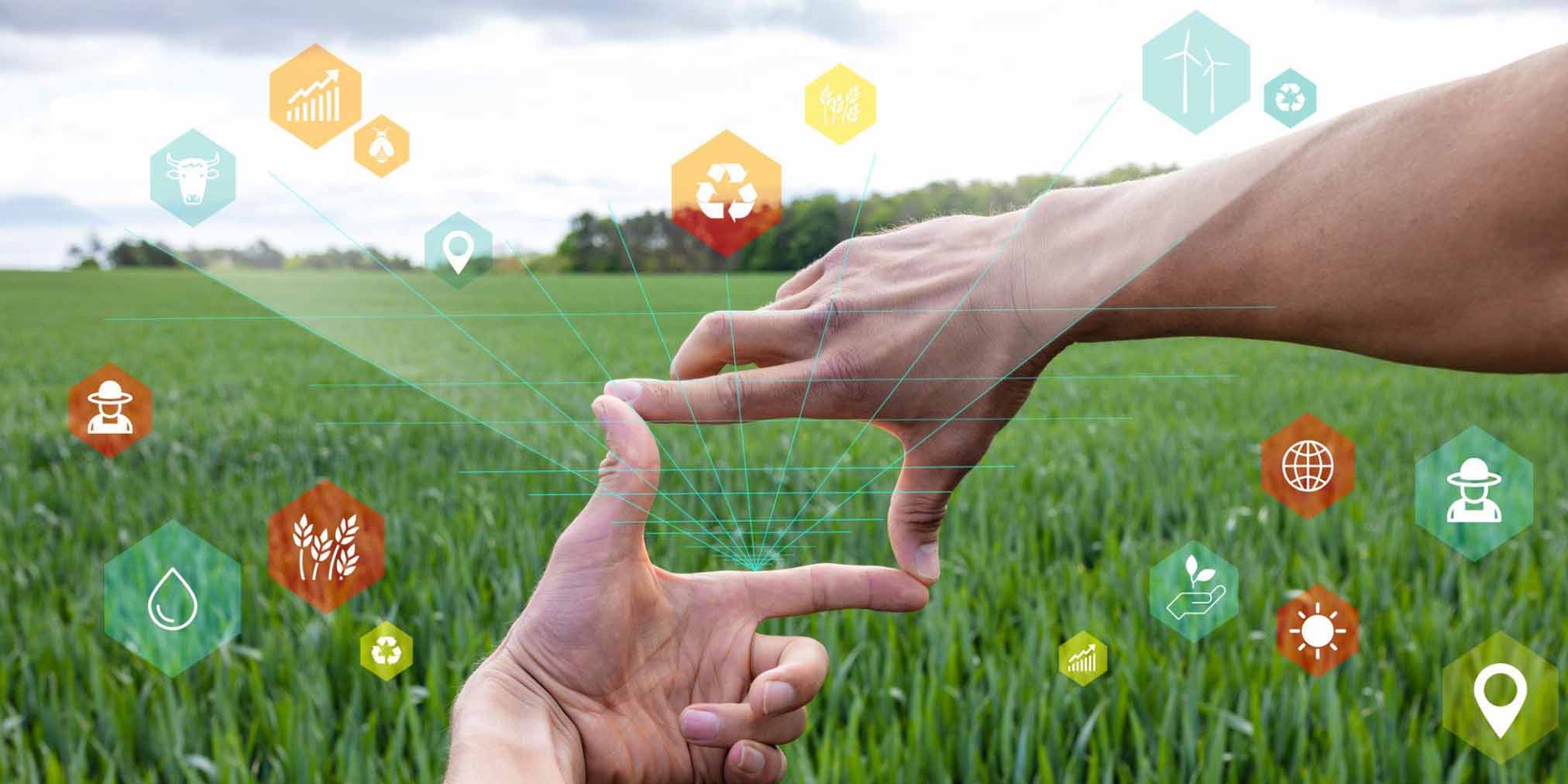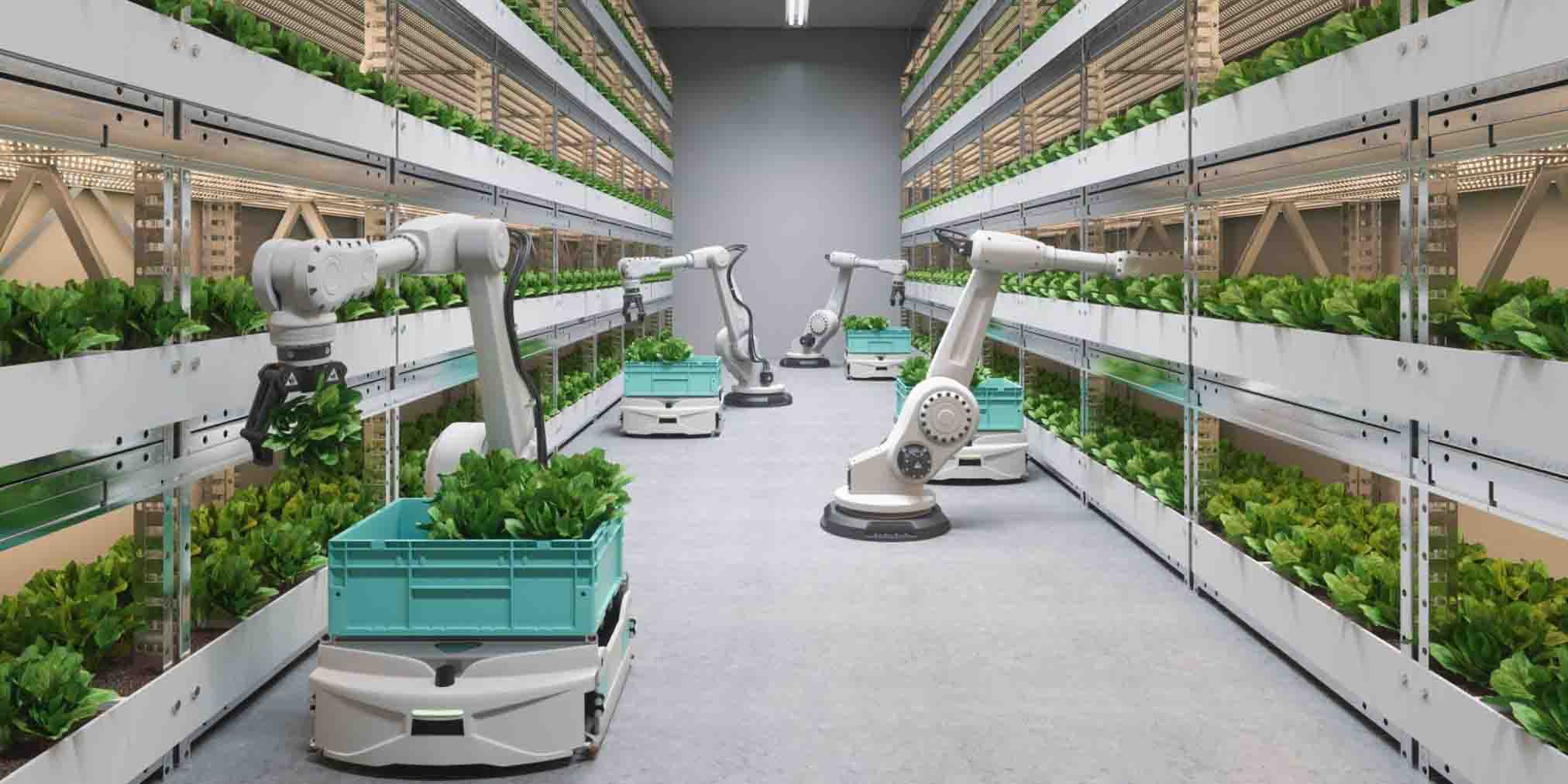

August 10, 2023
Artificial Intelligence (AI) is increasingly adopted as a powerful tool as the world strives towards sustainable and green technologies. It optimizes resource consumption while reducing environmental impact. The combination of sustainability and efficiency is critical in achieving a greener future. AI provides unparalleled insights and decision-making capabilities that can improve processes and reduce waste in green tech.
From renewable energy solutions to waste management systems, AI is transforming how we approach sustainable development. As we explore the possibilities of AI in green tech, we unlock innovations that can accelerate our journey towards a more sustainable planet.
Green technology and sustainability are essential in today’s day and age. The rise of AI in Green Tech is a huge step forward in the fight against climate change. AI can help monitor processes and make more energy-efficient and sustainable adjustments.
Additionally, it can help predict maintenance needs, optimize energy usage, and improve overall production processes. Beyond enhancing the environment, AI in Green Tech can save businesses money by reducing waste and inefficiencies. With more and more companies investing in sustainable practices, the future looks promising for a greener world.
Resource consumption and efficiency are major challenges faced by individuals and organizations globally. With a growing population, sustainable consumption becomes even more critical due to increased resource demand.
Whether it’s water, energy, or natural resources, there must be a concerted effort toward using them more efficiently. The goal is to reduce the waste resulting from resource consumption towards a healthier planet.
We need to adopt renewable and sustainable practices as a way of life, from our homes to our workplaces. By taking responsibility for our consumption habits and implementing sustainable practices, we can create a better future for ourselves and future generations.

AI-driven solutions are becoming more prevalent in industries looking to maximize efficiency and reduce waste. One of its most significant benefits is quickly monitoring and analyzing vast amounts of data.
By automating processes, AI can help reduce human errors, significantly reducing waste. Companies are also using AI to predict supply and demand trends, further aiding in the optimization of resources.
With the continued integration of AI, we can expect to see even more significant improvements in resource optimization.
Artificial intelligence has revolutionized the way we manage and optimize resources. Whether it’s tracking water usage in a factory or managing energy consumption levels in a warehouse, AI can help businesses save money and reduce waste.
Machine learning algorithms enable AI systems to learn patterns in resource usage. It allows them to predict future needs and proactively optimize consumption levels. In turn, this helps reduce resource-intensive operations’ impact on the environment. With AI-enabled resource optimization, businesses can be smarter, greener, and more cost-effective.
AI-driven applications in green tech are revolutionizing how we interact with our homes. Smart home automation systems are a prime example, as they utilize AI to optimize household energy consumption.
By analyzing energy usage patterns, these systems can adjust home appliances such as lighting, thermostats, and HVAC systems to reduce energy wastage and minimize overall carbon footprint. It results in significant cost savings for homeowners and helps mitigate the negative impact of energy consumption on the environment.
Integrating smart home automation into green tech exemplifies technology’s role in building a sustainable future.

AI in green tech has revolutionized energy management platforms, leading to more sustainable and efficient energy usage. One example is the implementation of predictive maintenance. It uses AI algorithms to detect potential issues and prevent equipment failure.
Additionally, AI-powered energy analytics tools provide real-time predictive insights into energy consumption patterns. They enable energy managers to make data-driven decisions to optimize energy use.
Another example is smart grid technology, which uses AI to manage and regulate the flow of electricity based on demand. It leads to reductions in carbon emissions and energy costs. Combining AI technologies with green tech offers an exciting glimpse into the future of energy management.

With AI, businesses can increase efficiency and reduce energy consumption to minimize their impact on the environment. Green tech solutions can analyze data and make real-time adjustments based on environmental factors. This allows businesses to reduce waste output and energy consumption while improving their bottom line. So it’s no surprise that more and more companies are turning to AI to pursue sustainable solutions.
By incorporating AI, we can achieve significant benefits such as improved cost savings and profitability for businesses and consumers. AI’s ability to analyze complex data and provide advanced predictions allows for better energy management and reduced waste.
Energy-efficient buildings are just a few examples of how AI is helping to create a more sustainable future. With the help of AI, these technologies can operate with greater precision and accuracy, leading to lower costs for everyone involved.
As we look to the future, it’s clear that AI will transform how we utilize our resources. By adding AI to green technology, we can create sustainable and efficient solutions that meet our growing population’s demands while preserving our planet for generations to come.
With AI-driven solutions, we can optimize our use of resources, reduce waste, and ultimately create a more sustainable future. As this technology continues to evolve, it’s exciting to think about the incredible potential it holds and the impact it will have on our world.